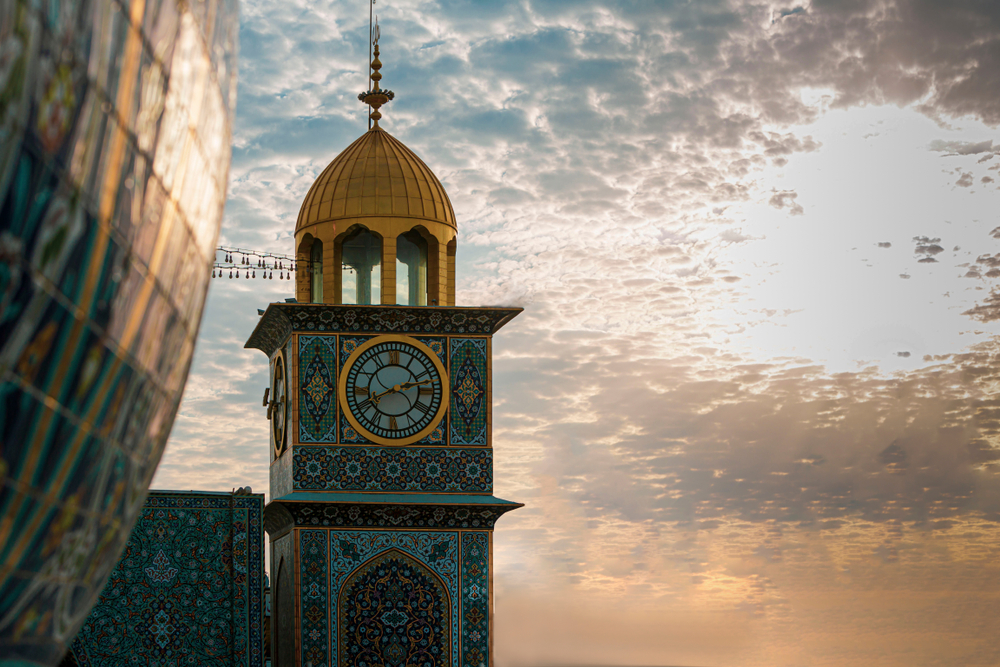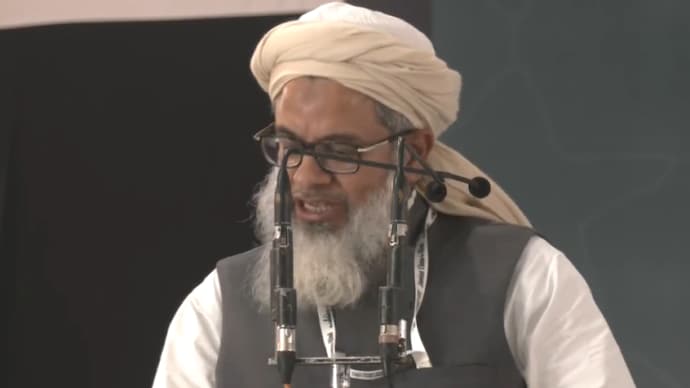The Islamic New Year begins with the state of the month of Muharram, according to the Islamic Hijri Calendar. It is also referred to as the Hijri New Year. In India, the New Year will begin from the evening of July 29 to the evening of July 30.
As per the rules of the Islamic calendar, the New Year begins at sunset every year. The date of the Islamic New Year changes annually as the Islamic lunar calendar is 11 days shorter than the Gregorian calendar we use.
Muharram is the first month of the Islamic calendar and is also considered to be the second holiest month after Ramadan. Muharram starts after the month of Dhul al-Hijjah, which is the time when Muslims go for Hajj (pilgrimage to Mecca and Medina.)
The Hijri New Year commemorates the migration of Prophet Mohammad and his followers in 622 CE from Mecca to Medina in order to escape persecution. The Prophet returned to Mecca in 629 CE after the conquest of the city. The new year will be known as 1444 AH (Anno Hegirae or the year of the Hijra) which means that it has been 1,444 years since the Prophet’s migration to Medina.
In Islam, Muharram is seen as a time for introspection and penance. The New Year provides Muslims with an opportunity to be hopeful about their future and reflect on the good and bad they have done in their lives.
The first ten days of the month are considered particularly sad for the Shia sect of Islam. These are considered to be incredibly sacred time of mourning as it is the death anniversary of the Prophet’s grandson Hussein. Hussein died at the Battle of Karbala on the 10th day of Muharram, also known as Ashura, the day is grieved by Shia Muslims around the world.
Unlike the Gregorian New Year, no big celebrations are held on this day. Islamic nations in the Middle East like Oman or the United Arab Emirates announce a public holiday on the occasion.
Must Read: Ola and Uber Deny Reports of Merger Talks
Keep watching our YouTube Channel ‘DNP INDIA’. Also, please subscribe and follow us on FACEBOOK, INSTAGRAM, and TWITTER.











